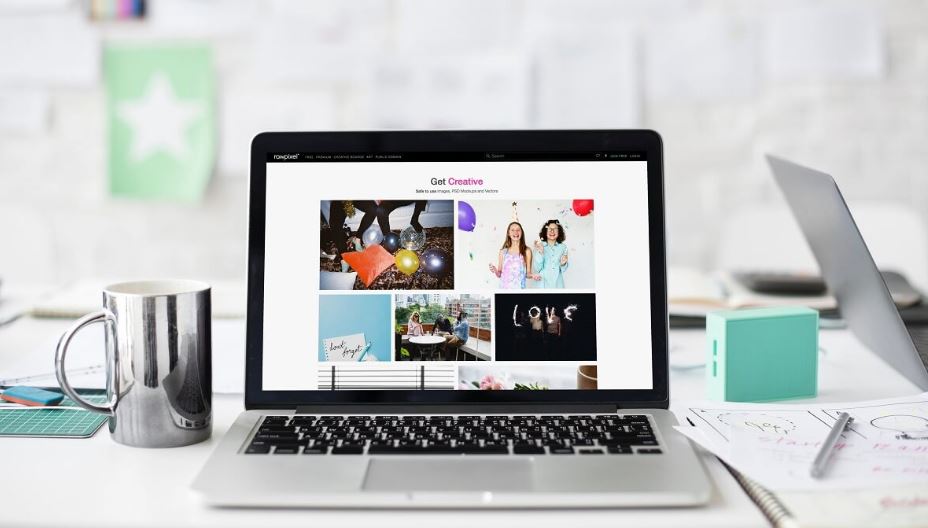
What does a good cover letter look like? How long should my CV be? Do I need LinkedIn?
These are a few of the questions posed to the Freshminds team, when we were joined by CBRE to provide UCL students with a CV panel discussion and Q&A session. As a recap, we’ve put together some of the most important tips for any graduate hoping to get employed.
Cover letters can be a difficult task. What should it cover? How long should it be? What’s the point? These are all questions which can plague our minds as we try to wow our potential future employers, but thankfully cover letters are much simpler than that – or at least, they should be.
Be simple – keep it to a page and answer in three sections: “Why this company?”, “Why the role?”, “Why me?”
Be specific – anyone can say that they are right for the job because they are analytical, and employers and recruiters get tired of reading the same thing over and over again. Being specific shows you’re analytical and differentiates you from the crowd. Maybe you’re not just analytical, maybe you analysed 1000 data points using SPSS for your dissertation; be specific.
Be relevant – What follows your cover letter? Your CV. So there is no need to cover all of your experience, that’s what your CV is for! Your cover letter should be what gets your foot in the door. Your cover letter should just showcase your most relevant experiences for the role and your CV will show the rest!
If you can make it one page – Great! If not, two will do. Three? Four? Five? – is this a CV or a novella?
This doesn’t mean that the answer is to make the font size unreadable for the human eye, or mess around with the formatting. However, it does mean you need to be selective and tailor your CV to the job you’re applying for. Keeping in the main points which highlight your key skills will leave the employer wanting to know more and encourage them to get in touch to arrange an interview.
LinkedIn is not a necessary requirement for job applications, though it is becoming increasingly popular to be able to connect you to your application. It is beneficial for employers to cross reference your experience, and even to enable you to be headhunted. So it is more and more an obvious asset to candidates and employers alike, and as time passes it will only become more necessary. So to get ahead of the curve, here are some LinkedIn pro tips:
LinkedIn isn’t like Facebook; you don’t have to be chums with those you’re connected with. Add everyone you know and those you meet. You never know who is going to help you, endorse your, or even employ you one day.
LinkedIn isn’t just a great tool for employers and companies to reach out to candidates; it’s also a great tool for candidates to research potential employers by looking at their backgrounds and getting an insight into what they might be looking for. (FYI you can turn yourself on invisible to avoid an awkward notification to the profile of the person you’re looking at- although it means that you can’t see who has also viewed your profile in the same period that you are anonymous).
As mentioned, LinkedIn is already a great tool to get found, but you’re only going to get contacted if you have a good profile. So ensure that your profile is up to date as a minimum, get recommendations from employers, tutors or colleagues, use a professional picture (not a holiday snap or the one from fresher’s week where you have a beer in your hand!), update your skills and get endorsed. All of this and more might just get you a job one day.